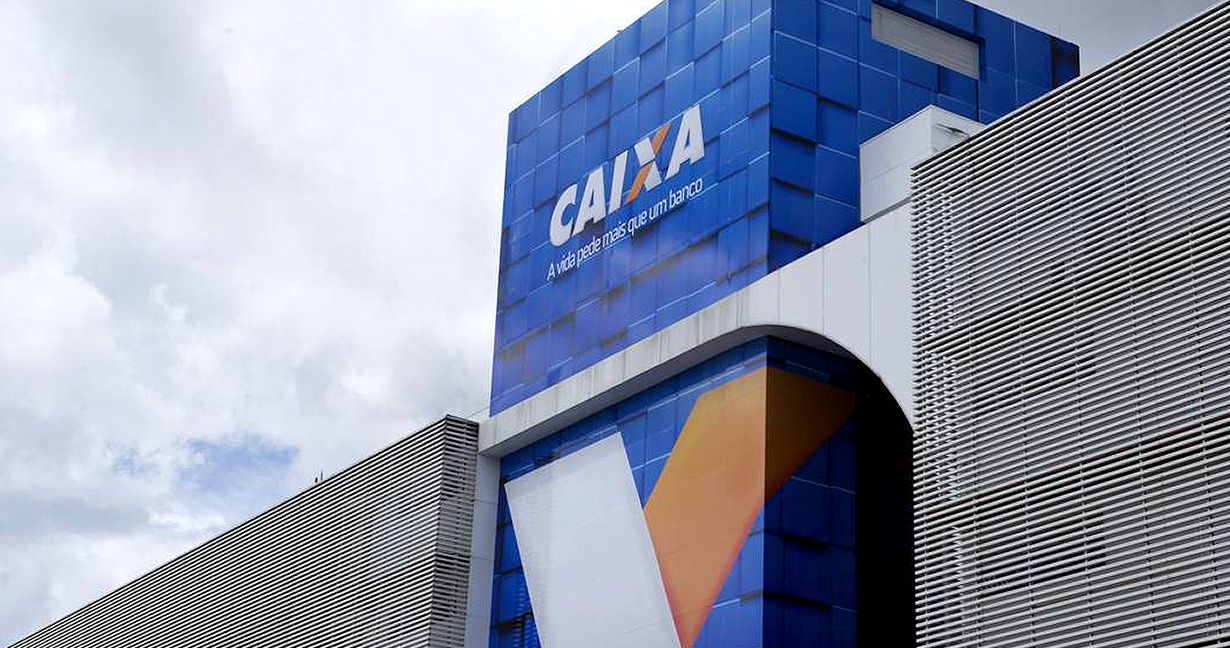“Crypto-friendly” as the panacea: Why gaming firms incorporate where crypto works

Once a new phenomenon, crypto is now increasingly integrated into our everyday lives. The governments and corporations can no longer allow ignoring this technological revolution, implementing it into traditional finance and other aspects of day-to-day operations, with the iGaming sector being no exception.
Today, jurisdictions with a “crypto-friendly” label have become a premier choice for company incorporation. Gaming businesses are seeking licensing regimes enabling crypto payments without sacrificing compliant market entry under the local law.
What gambling operators gain with crypto?
Making crypto payments available – either via stablecoins like USDT/USDC or options like Bitcoin, Ethereum, or Solana – provides operators with broad financial, operational, and player-experience benefits.
The primary advantage is cost efficiency. Building a crypto casino, rather than a fiat-only platform, significantly reduces costs for both players and operators. Blockchain networks typically charge small amounts of transaction fees. In contrast, traditional payment methods like credit cards, e-wallets, and bank wires may charge 2-6% per transaction, especially for high-risk industries, plus additional cross-border or currency-conversion fees, maintenance, and balance-holding fees. In addition, smart contracts, which are used to carry out transactions, can likewise reduce administrative workload and lower compliance management costs.
Second, by accepting crypto, operators can open a door to a global audience, ensuring borderless, fast, and inclusive access to gaming products and services for players. Subsequently, crypto becomes a gateway to underserved markets where traditional gambling payment options are limited and, at the same time, reduces currency conversion issues such as foreign exchange volatility and processing complexity. Yet, operators are solely responsible for determining whether to obtain local authorization to target players in the selected jurisdictions or proceed without one at their own risk.
From a security standpoint, each transaction is recorded on a decentralized blockchain that is immutable, publicly verifiable, and resistant to manipulation. By their nature, such crypto transactions are also irreversible, which eliminates the likelihood of chargeback abuse, fake refund requests, and other types of fraud, usually costing operators millions of dollars in lost revenue per year.
Moreover, it's not science fiction that in iGaming, speed drives engagement. Traditional payment methods — especially for withdrawals — can take approximately 24–72 hours to process, often frustrating players and eroding retention. Crypto payments, on the other hand, settle deposits and withdrawals in minutes rather than days, removing slow processing and the need to rely on local payment gateways or costly international wires.
At the end of the day, players favor crypto in gambling for greater confidentiality and better identity protection. Crypto supports this need by offering pseudonymity in transactions through wallet addresses rather than sensitive banking details. What's more, operators can partner with trusted crypto KYC solutions providers to meet both players' and regulatory expectations.
Nevertheless, these gains remain under scrutiny and lack a real-world implementation that would satisfy customers and governments worldwide at the same time.
The barriers to integrating crypto: Why are countries hesitant?
Despite bold statements to recognize crypto’s potential, the iGaming industry seems to be an exception. Most regulators around the world still remain cautious, with licensed gaming firms facing limits or complete restrictions on using cryptocurrencies as a payment method.
In the UK, for instance, gaming license holders may accept crypto deposits if they demonstrate that robust anti-money laundering (AML) protocols are in place. Interestingly, European jurisdictions traditionally most attractive to gambling companies – including Spain, France, and Germany – do not permit the use of cryptocurrencies for gaming transactions.
The main regulatory concern stems from money laundering and terrorist financing issues; since crypto transactions are pseudonymous, they can make it difficult to validate the true source of funds. From a regulatory perspective, this opacity heightens the risk of illicit use for the purpose of money laundering, sanctions evasion, and similar, even where operators maintain strong KYC and other related controls.
What’s more, given that most banks and PSPs categorize crypto-linked gambling businesses as dual “high-risk,” these firms face significant hurdles securing a reliable payment partner. As a result, bringing stablecoins and other crypto to the gambling business comes with numerous external challenges.
Launching offshore: A gateway to integrate crypto for companies
Today, operators can still structure their projects under licensing frameworks where crypto acceptance and robust PSP access are not mutually exclusive. Notably, select offshore jurisdictions like Curaçao, Anjouan, Tobique, and Costa Rica can help make this come true. Beyond access to crypto, incorporating offshore can offer light-touch regulation, fostering startups’ growth, broader market reach, lower entry thresholds, and enhanced reputation, all depending on the jurisdiction.
With the guidance of highly qualified gaming consultancy firms like Inteliumlaw, launching a compliant crypto casino or other iGaming startup accepting crypto payments can become a seamless endeavor. Inteliumlaw rolls out the red carpet for crypto-gambling businesses by offering comprehensive expert support, starting from company formation and license acquisition to advising on payment and technology partners and helping to maintain compliance afterward.
The intersection of crypto and iGaming is going to create a whole new generation of companies, such as Web3 casinos and NFT-based wagering. Both firms and jurisdictions embracing it will lead the next era, while others will likely fall behind.
















